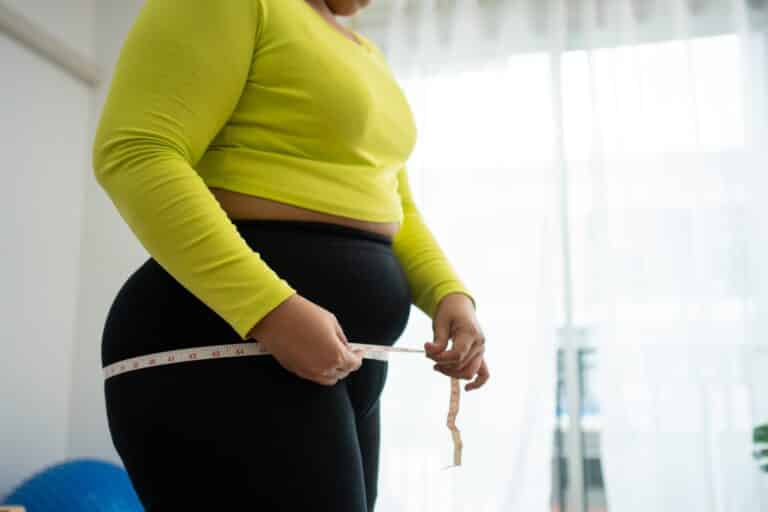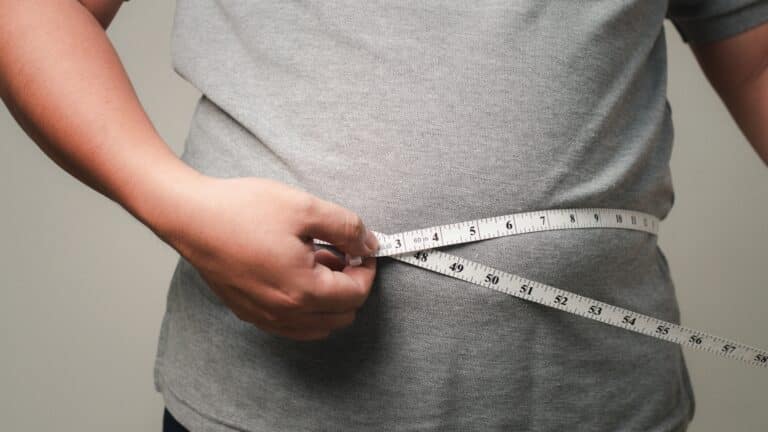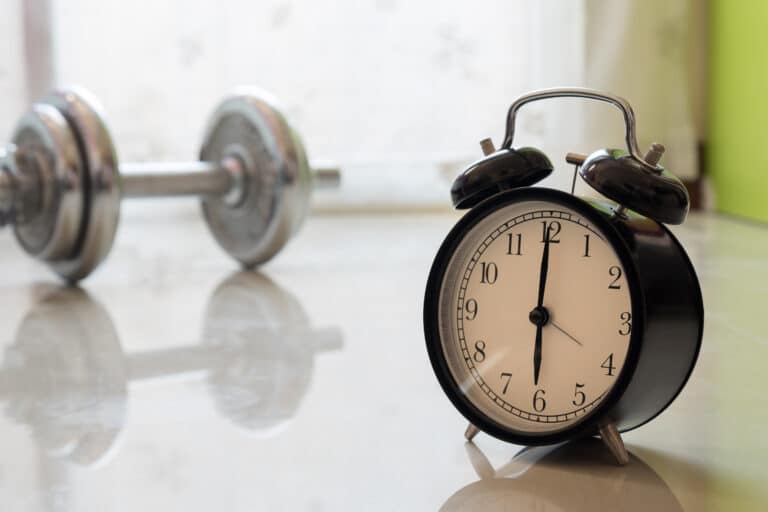Does it seem like you get sick more than you did when you were younger. When you are under the weather, does it take you longer to feel good again?
Immunity — your body’s defense system — tends to get weaker with age.
“Just as you probably can’t run as fast as you used to in your 20s, your immune system doesn’t work as well as it used to,” says Aaron E. Glatt, MD, chairman of the department of medicine at South Nassau Communities Hospitals.
But fear not — at least not much.
“Compared to many other bodily functions, most people’s immune systems actually do really great at any age,” Glatt says. Most of our immune systems work well enough that our risk for infection and illness isn’t much higher than normal. Even better? No matter how old you are, there’s a lot you can do to stay healthy.
It’s a complex network of cells, tissues, and organs. Together, they defend your body against things that can cause infection, like bacteria.
Why does it ease a bit as you get older? That’s still a bit of a mystery.
“The medical community is still trying to determine exactly how and why immunity decreases with age,” says Kira Rubtsova, PhD. Rubtsova is an immunity researcher at National Jewish Health in Denver.
What researchers do know is that most older adults:
Don’t respond as well to vaccines: Your immune system includes T cells, which attack other, illness-causing cells. They’re able to “remember” an invader, then defend against it better later. When you’re older, you make fewer T cells, and most vaccines require new ones to work.
The exception? The shingles vaccine. That’s one of the reasons it works so well for the senior set.
Are more likely to get sick: Not only do you have fewer immune cells as you age, the ones you do have don’t communicate with each other as well. That means they take longer to react to harmful germs.
Recover from injuries, infection, and illness more slowly: “Your body produces fewer immune cells, including white blood cells,” Rubtsova says. “That can slow down healing.”
There’s no set age when immunity decreases.
“It’s like gray hair — it happens for everyone at a different rate,” Rubtsova says. There’s no single test that can tell you that your immune system isn’t functioning optimally. “There are certain immune markers we can test for, but it’s not the same as being tested for, say, heart disease,” Glatt says.
That’s why it’s important to go to the doctor regularly, and get medical help if you get sick often or if you’re having trouble healing after an injury or illness.
Stay on top of your health. If you have diabetes, arthritis, or other things that affect how you feel and function, follow your doctor’s recommendations. “Keeping illnesses like diabetes well-controlled takes less of a toll on your immune system,” Glatt says.
Sleep well. “Research clearly shows that too little sleep — or poor-quality sleep — lowers immunity, even in young healthy people,” says Gisele Wolf-Klein, MD. You should be getting at least 7 hours a night. If you snore or have trouble falling or staying asleep, see your doctor. You could have a sleep disorder.
Look for ways to reduce stress. Over time, stress may lessen your immune response. “When you’re constantly worried about something, it takes a toll on your body,” Wolf-Klein says. It can also trigger other issues, like poor sleep and a bad diet, which both may affect your immunity.
Steer clear of sick people. “The truth is, when you’re older, you have to be especially careful about germ exposure, because you’re more likely to become ill, too,” Wolf-Klein says. When you are around people who have contagious conditions, like a cold or the flu, try not to get too close, and wash your hands more often.
Don’t skip your vaccines. Even though they may not be as effective when you’re older, they’re still an important way to lower your risk of many serious illnesses, including the flu and pneumonia. Check with your doctor to make sure you’re up to date on your vaccinations.
Move more often. Moderate exercise helps keep you fit, which makes your immune system stronger. Research also suggests it helps cells move more freely, which helps them do their job better.
Eat well. There’s no one diet that improves immunity. But researchers do know that a varied diet full of vitamin- and mineral-rich foods (like fresh vegetables and fruit) helps your body — including your immune system — function at its best. Eating a healthy diet also helps you weigh what you should, which may put less stress on your body and improve immunity.
Don’t smoke. Smoking weakens your body’s immune response, making you more susceptible to illness and infection. Your doctor can help you figure out how you can quit.





















Discussion about this post